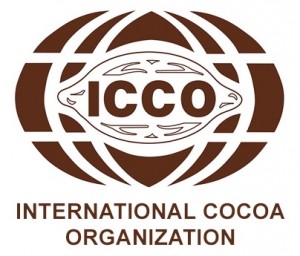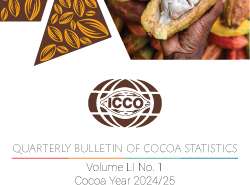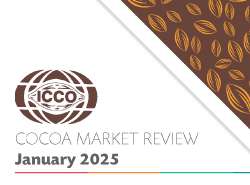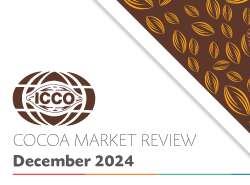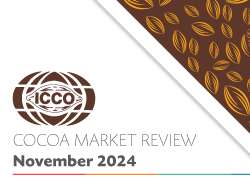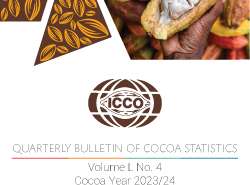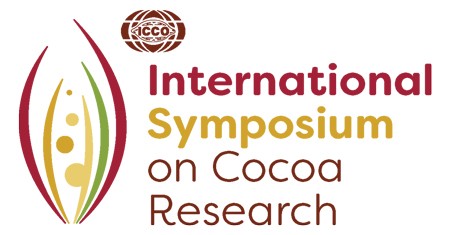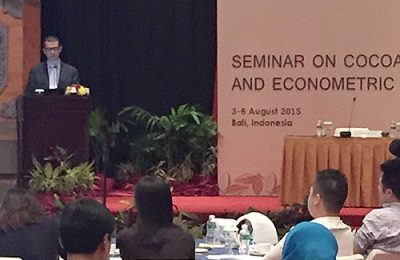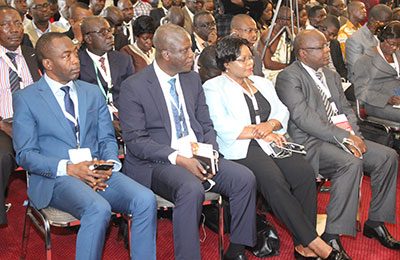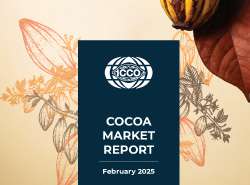 https://www.icco.org/wp-content/uploads/News-Cover_Monthly_Feb25.jpg
200
250
Carlos Follana
https://icco.org/wp-content/uploads/2016/05/logo-icco-300x225.png
Carlos Follana2025-03-17 13:43:302025-03-17 13:43:30Cocoa Market Report for February 2025
https://www.icco.org/wp-content/uploads/News-Cover_Monthly_Feb25.jpg
200
250
Carlos Follana
https://icco.org/wp-content/uploads/2016/05/logo-icco-300x225.png
Carlos Follana2025-03-17 13:43:302025-03-17 13:43:30Cocoa Market Report for February 2025Welcome to ICCO
The International Cocoa Organization (ICCO) is an inter-governmental organization established in 1973 under the auspices of the United Nations and operating within the framework of successive International Cocoa Agreements.
Located in Abidjan – Ivory Coast, ICCO was established in 1973 to put into effect the first International Cocoa Agreement which was negotiated in Geneva at a United Nations International Cocoa Conference.
Cocoa Daily Prices
| wdt_ID | Date | London futures (£ sterling/tonne) | New York futures (US$/tonne) | ICCO daily price (US$/tonne) | ICCO daily price (Euro/tonne) |
|---|---|---|---|---|---|
| 7845 | 26/03/2025 | 6,162.67 | 7,954.67 | 7,949.33 | 7,371.01 |
| 7846 | 27/03/2025 | 6,112.67 | 7,919.33 | 7,920.67 | 7,330.98 |
See more detailed data in our Statistics section
Our Vision&Mission
The two most important breakthroughs of the present International Cocoa Agreement were the establishment of an explicit mandate on a Sustainable World Cocoa Economy and the founding of the Consultative Board on the World Cocoa Economy.
On 19 September 2012, the Governments of six producing countries, accounting for 43.17% of votes as set out in Annex A to the Agreement, and the Governments of consuming countries comprising the European Union and Switzerland accounting for 54.90% of votes, as set out in Annex B to the Agreement, had deposited their instruments of ratification, acceptance, approval or accession or had notified the depostiary that they would apply the Agreement provisionally when it entered into force.
History
The history of cocoa production and the current cocoa story. It’s a story about commercial interest, pest control, cocoa products and the importance of education of farmers to make the cocoa chain more sustainable.
Membership
Click the link below to discover the list of ICCO members and access to the membership procedures to become a member




